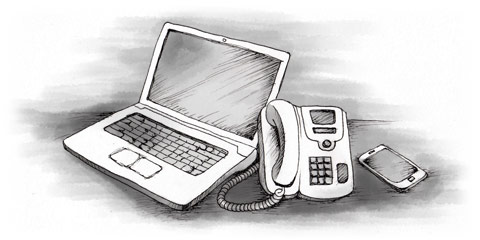Even people working in the calling card industry have difficulty finding out which card is the most competitive for each destination.
Choosing a card
Shops normally don't provide much information or give useful advice. You might be sold whatever is in stock - this could be a bad-value card where the credit disappears quickly or where the service means your calls don't connect properly.
When choosing a card, take into account:
- The tariffs for the countries you want to make calls to.
- The length of your calls - Some cards have a small connection charge which is a disadvantage if you make lots of short calls, but it doesn’t matter when you talk for an hour to family and friends.
- How many calls will you make - All cards expire (usually 30-90 days from the first time you use it to call). Some cards also have a daily maintenance charge, which obviously matters less if you use the card right away.
The main thing to remember is that the card with the lowest rate per minute might not be the most efficient card for you. Some of the cards being sold might not appear to be the best per-minute value on first sight, but they may have the advantage of no extra charges.
Why is this so complicated?
The main problem is that all providers pay about the same amount of money for the phone calls they resell with cards - and they all want to have the best price to advertise with. So instead of having a simple cost per minute, they add daily maintenance charges and connection charges as this allows them to offer a lower cost per minute. Without going into the maths - it's obvious that a connection charge means your average cost per minute is higher - so higher connection charges are OK if you make long calls, but add up quickly if you make lots of short calls.


